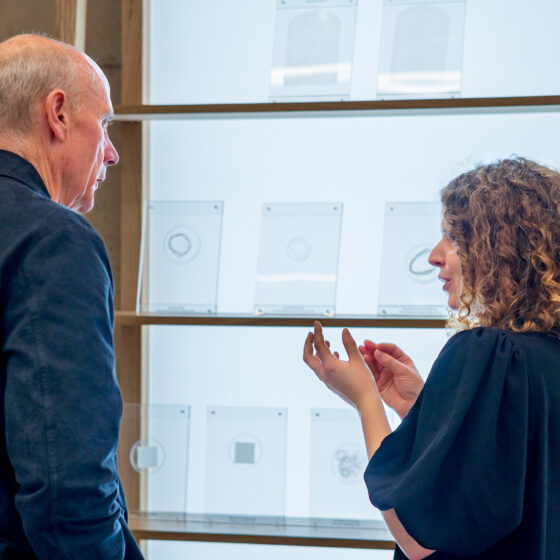
Additional dates announced for our open house and sign up to AR Biomaterials Sampler study 2024
We are pleased to announce additional dates for our open house sessions at the Royal College of Art this Saturday 3rd February and Thursday 8th February.
We are thrilled to share an insightful article by the distinguished Brazilian researcher and activist, Eloisa Artuso. Her article, originally published in Carta Capital Magazine in Portuguese, takes us on a journey into a recent panel discussion where the Textiles Circularity Centre played a prominent role.

Eloisa’s article delves into the concept of a socially just transition towards circularity in the fashion industry. She emphasised that this transformation wasn’t just about technical solutions; it was a call to reimagine our relationship with nature and each other. It challenges us to redefine our roles, not just as consumers but as active participants in the quest for a better and more sustainable world. She highlighted that cultures shape systems, and systems, in turn, shape cultures.
Key takeaways from the discussion encompassed the necessity for tailor-made solutions within the circular economy, the importance of shifting from consumer to citizen perspectives, the consideration of social implications, and a compelling call to action. Everyone is encouraged to act as individuals desiring a better world, emphasising that the circular fashion economy’s success depends on collective efforts. Cultures should influence systems, and alternative narratives should be cultivated and widely shared to reshape the viewpoints of governments, businesses, and communities.
You can read Eloisa’s article here.

We are pleased to announce additional dates for our open house sessions at the Royal College of Art this Saturday 3rd February and Thursday 8th February.

The Regenerative Fashion Hub showcases circular bio-based textile designs, product and consumer experience designs, and alternative local economy supply chain systems based on a 'social production network'.